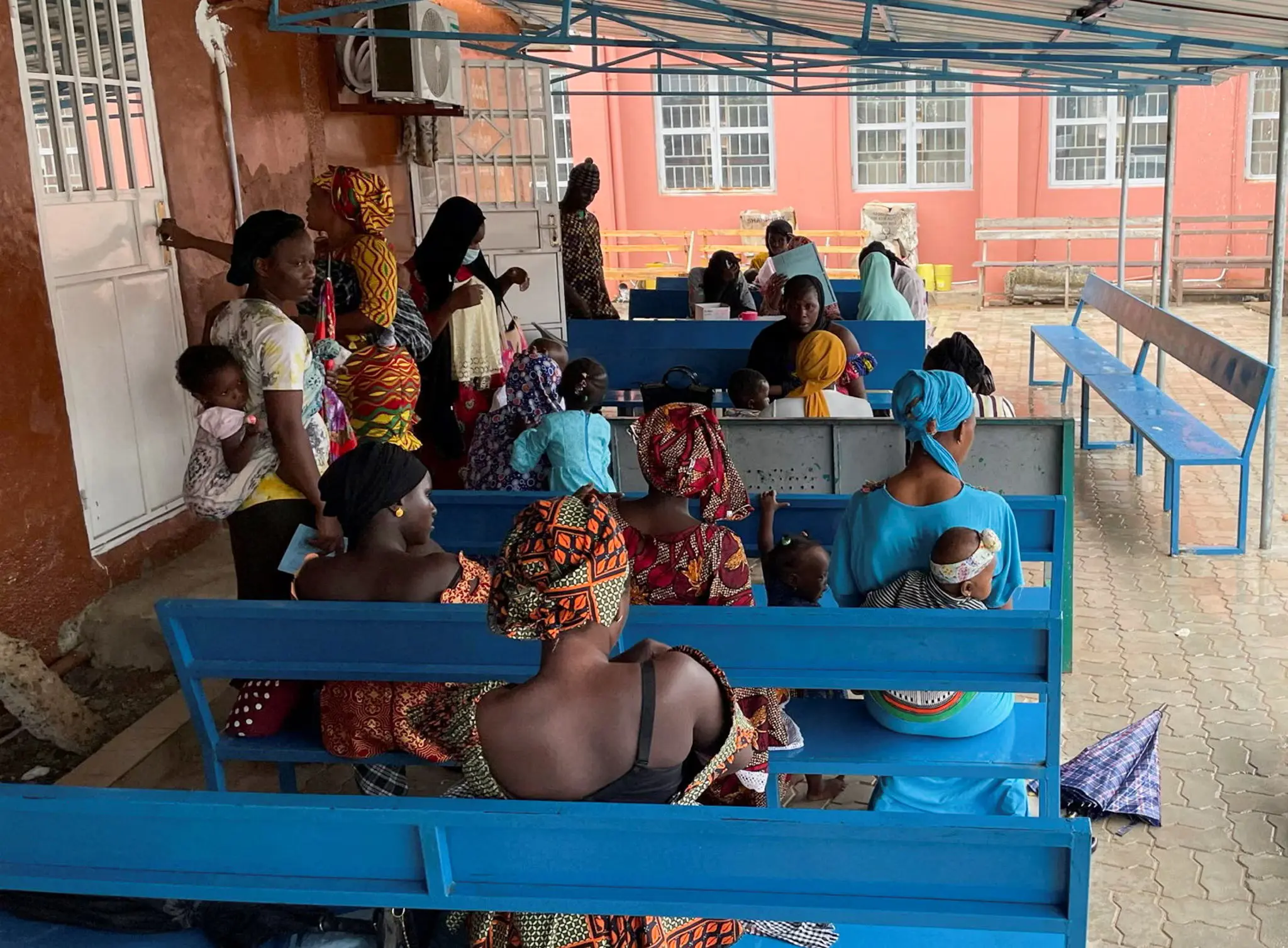The World Health Organization (WHO) and the U.S. Centers for Disease Control and Prevention (CDC) have reported a 20 per cent surge in global measles cases in 2023, driven by insufficient vaccination coverage, particularly in low-income and conflict-affected regions.
According to a joint report released by the two agencies, 10.3 million measles infections were recorded last year, compared to 8.65 million in 2022. The African region bore the brunt of the outbreaks, experiencing nearly half of all severe cases and a 37 per cent rise in measles-related deaths.
Preventable yet persistent
Measles, a highly contagious airborne virus primarily affecting children under five, is preventable through a two-dose vaccine regimen. Despite this, immunization coverage remains inadequate globally, the WHO and CDC said, noting that more than 22 million children missed their first measles vaccine dose in 2023.
“At this moment, every single country in the world has access to the measles vaccine,” said Dr Natasha Crowcroft, WHO’s senior technical adviser on Measles and Rubella, during a press briefing. “There’s no reason why any child should contract or die from this disease.”
Read More: Iran backs Lebanon in ceasefire talks, seeks end to ‘problems’
The agencies highlighted that gaps in routine immunization programs, exacerbated by disruptions caused by the COVID-19 pandemic, have played a significant role in the resurgence of measles. Vaccine hesitancy, which has grown in the wake of pandemic-related misinformation, has further hindered progress in achieving widespread coverage.
Regional disparities and a call to action
While improved access to healthcare in high-income regions such as Europe helped reduce global measles deaths by 8 per cent to 107,500, the death toll remains “unacceptable,” the WHO and CDC said.
In addition to Africa, significant outbreaks were reported in the Eastern Mediterranean, Southeast Asia, Europe, and the Western Pacific. These outbreaks spanned 57 countries in 2023, a sharp increase from 36 countries the previous year.
“The biggest and most overwhelming factor behind the spike in cases is the failure to reach children with vaccines,” Dr Crowcroft said, adding that system-wide efforts are needed to rebuild public confidence in routine immunization programs.
Measles vaccination campaigns must prioritise reaching underserved populations, particularly in regions where healthcare systems face significant strain due to conflict or economic challenges, the agencies urged.
As the global health community grapples with the resurgence of preventable diseases like measles, the WHO and CDC’s findings underscore the urgent need for renewed focus on vaccination coverage and public health education to avert further setbacks.
















